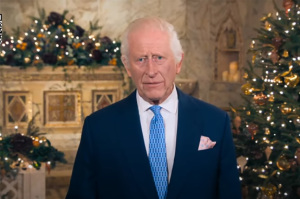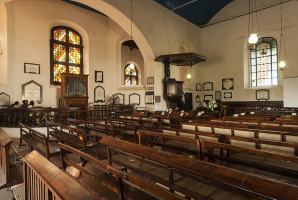Christian Fleeing Religious Persecution Sues U.S. Court for Denying Him Asylum
A Christian immigrant filed a lawsuit against the 10th Circuit Court after it denied his appeal for asylum after fleeing religious persecution from China. The immigrant's legal representative also made an appeal to the U.S. Supreme Court (SC) to overturn the lower court's ruling.
Ting Xue fled China after being imprisoned for attending a church that wasn't state-sanctioned. He was then confined in unsanitary conditions, beaten by interrogators and fined more than half of his annual salary. He was also nearly interned in a labor camp along with other members of his church for continuing to operate despite a previous raid.
The Board of Immigration Appeals denied Xue's request for asylum which the 10th Circuit Court upheld. In its May 30 ruling, the court stated "that religious persecution does not necessarily exist where an immigrant has had to practice his or her faith in hiding to avoid harassment or punishment by his native country's authorities."
The Pacific Justice Institute, a non-profit law firm representing immigrants seeking religious asylum, filed a petition for writ of certiorari requesting the SC to review and reverse the 10th Circuit Court's decision. It also asked the High Court to resolve "whether being forced to practice one's religion in secret to avoid punishment constitutes persecution."
The issue here is the lack of definition of "religious persecution" in the Immigration and National Act. Attorney General Jeff Sessions has until June 23 to file a response to Xue's petition.
"The Founding Fathers understood that persecution exists where a government has created a climate of fear for people of certain faiths or belief systems," PJI president Brad Dacus said. "The United States' history as a refuge for those fleeing religious persecution predates its existence as a nation, and PJI is dedicated to making sure it stays that way," he added.





























